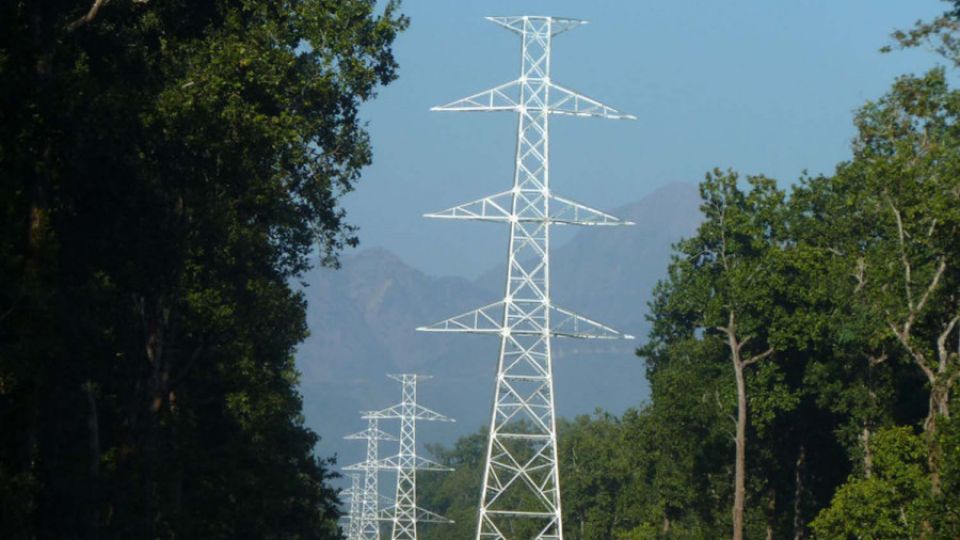September 21, 2022
KATHMANDU – Nepal exported electricity worth over Rs 7 billion in the last four months as the state-owned power utility aims to export power worth Rs 16 billion in the current fiscal year 2022-23.
Nepal Electricity Authority (NEA), the state-owned power utility, said in a statement on Tuesday that it exported electricity worth Rs 7.19 billion from early June to mid-September.
A total of 787.8 million units of electricity were sold at the rate of Rs 9.23 per unit during the period, according to the NEA. In the first two months of the current fiscal year, electricity worth Rs 4.42 billion was exported, said the authority.
The NEA has been allowed to export a maximum of 364MW in India through India Energy Exchange Limited, a trading platform.
Rising earnings from the export of electricity have helped the country maintain foreign exchange reserves at adequate levels and reduce trade deficit with India. India is Nepal’s largest trading partner and Nepal faces a huge trade deficit with its southern neighbour.
Electricity has become the seventh largest export item in the country with exports of Rs 7.19 billion to India. Soybean oil, palm oil, yarns, woollen carpet, jute and readymade garments were the six largest export items in the last fiscal year 2021-22. Nepal’s total export of readymade garments, which stood at sixth position in the last fiscal year, was worth Rs 7.29 billion, according to Trade and Export Promotion Centre.
“As we expect Rs 16 billion this fiscal year and over Rs 30 billion in the next fiscal year, electricity will be an indispensable export item for the country,” said Kul Man Ghising, managing director of NEA.
Meanwhile, NEA has also sought approval from the Indian authorities to allow it to sell an extra 212.7 MW of electricity through the power exchange market in India, according to the NEA.
Cooperation with India in the power sector has been growing lately with a number of Indian companies taking licences to develop hydropower projects in Nepal.
In April, Prime Minister Sher Bahadur Deuba and his Indian counterpart Narendra Modi issued a Joint Vision Statement on Power Sector Cooperation which talks about strengthening cooperation on joint development of power generation projects in Nepal, and the development of cross-border transmission infrastructure and bi-directional power trade with appropriate access to electricity markets in both countries based on mutual benefits.
The two sides also agreed to expand cooperation in the power sector to include their partner countries under the Bangladesh, Bhutan, India and Nepal (BBIN) framework, subject to mutually agreed upon terms and conditions between all involved parties.


